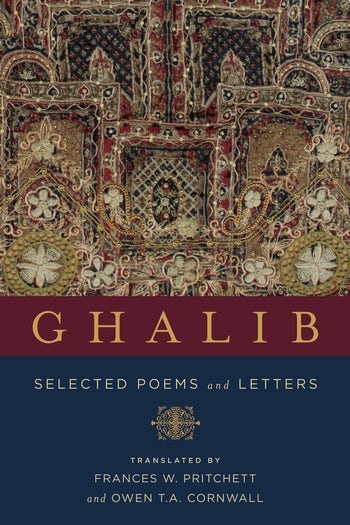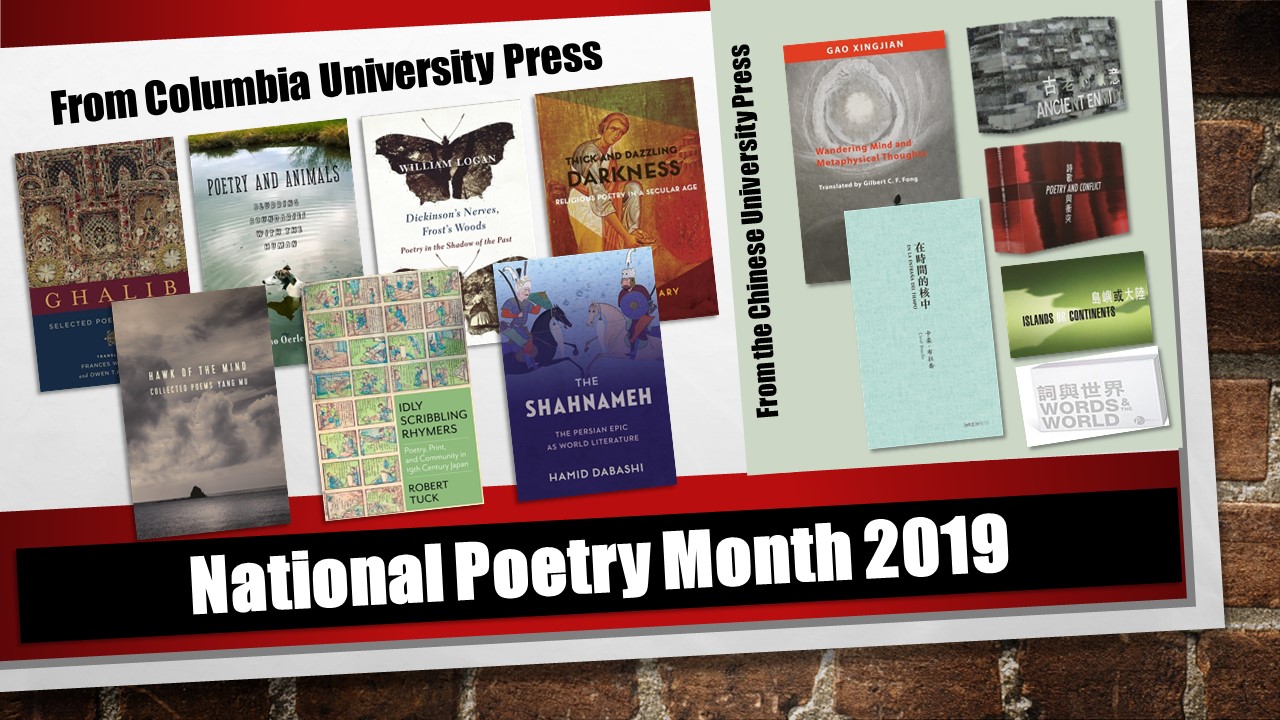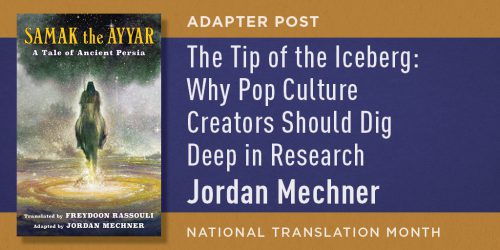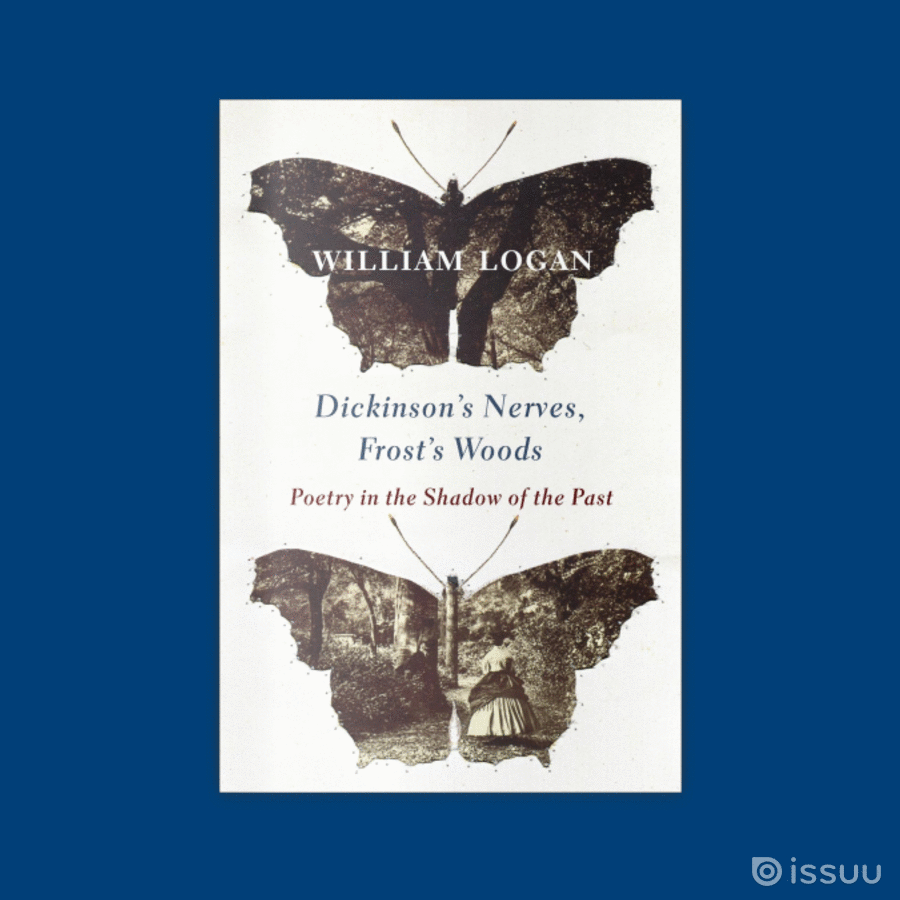Book Excerpt! The Shahnameh: The Persian Epic as World Literature (preface)

“A major achievement. With wit and erudition, Hamid Dabashi has pushed open one of the great locked doors of world literature: the Shahnameh. In bringing the central work of Persian literature vividly to life, he also offers us a new way to understand all epics. ”
~ Aravind Adiga, author of The White Tiger
Our celebration of National Poetry Month continues with today’s excerpt from the preface to Hamid Dabashi’s The Shahnameh: The Persian Epic as World Literature. In this work, In this book, Hamid Dabashi insightfully traces the history, authorship, poetic significance, complicated legacy, and enduring significance of the Iranian epic poem the Shahnameh. In addition to explaining what makes it such a distinctive literary work, he makes a powerful case that we need to rethink the notion of “world literature” in light of the Shahnameh.
Read reviews about the book below, and enter our drawing for your chance to win a copy of this book!
Media Roundup
The Shahnameh: The Persian Epic as World Literature
PW Book Review: Nov. 2018
This enlightening scholarly study will serve, for most Western readers, as their introduction to the Persian Book of Kings, “the longest epic poem in the world composed by one poet.” Written between 977 and 1010 CE by Hakim Abolqasem Ferdowsi Tusi, the poem is a cornerstone of Persian culture, according to Dabashi (Persophilia: Persian Culture on the Global Scene), a Columbia professor of comparative literature and Iranian studies. Some 50,000 verses long, it narrates a history of Persia from the beginning of the world to the Arab conquest of the nation’s Sassanid dynasty in 650 CE. Dabashi provides background on Ferdowsi and the pre-Islamic epic tradition that shaped his poem before sharing colorful accounts of its cast of warrior kings, rebellious offspring, and seductive courtesans, among them the tragic tale of Rostam, who unknowingly kills his son Sohrab in battle, and the sinister one of Zahhak, whose shoulders sprout carnivorous snakes after he murders his father, Marda. Part of Dabashi’s goal is to rescue the poem from its current position as an outlier to “world literature,” a concept he crankily dismisses as “the imperial wet dream of European literature.” Whether he succeeds in his ambition “to alter the very notion of world literature,” his book will surely drive readers to seek out the poem for themselves. (Jan.)
The Shahnameh
Complete Review: Feb. 2019
In The Shahnameh, Hamid Dabashi wants to make the case for this literary classic that is probably not that well-known to most readers, the Persian epic completed by Ferdowsi in 1010. Dabashi repeatedly writes about his classroom experiences teaching the Shahnameh, introducing it to a new audience, and he brings much of that cheerleading enthusiasm to this book — as well as his obviously deeply informed familiarity with the text, in its original and English translation. He has admirably great ambitions here, too:
By the end of my book, I hope you will rush to read the Shahnameh in the best translation available in your mother tongue, and even if you didn’t then through my book you will gain a solid and reliable command over what the book is all about and why people consider it a world-class epic, and what sorts of lesson it has to teach us even today. I will read the Shahnameh with you, place you in its history, tell you about its author, guide you through its illustrious labyrinth, and then we sit down together and wonder at its magic.
Dabashi (admirably) likes to spell things out, and so he also explains early on:








